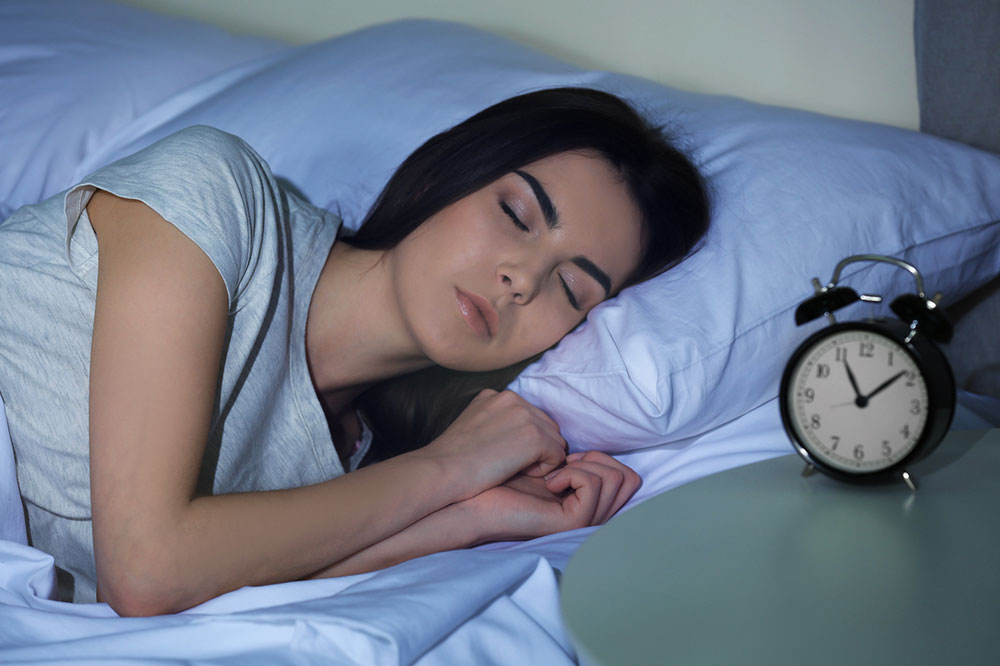5 things to avoid doing before bedtime for quality sleep

Sleep is crucial for good health. It refreshes the body and mind and provides energy to carry out daily tasks. But unfortunately, many people find it hard to get quality sleep, which affects their overall health. Several factors, such as ongoing treatment or underlying health conditions, can affect a person’s sleep. But for some people, an unhealthy pre-sleep routine is the cause. Here are five things to avoid doing before bedtime for sound sleep:
Staring at a screen
If you stare at your mobile, TV, or laptop screens before bedtime, you might struggle to sleep well. LED screens of digital devices emit blue and white light that lower a particular hormone released by the brain called melatonin. This hormone is required to feel drowsy and fall asleep. When the release of melatonin is reduced, sleep quality is hampered, and you cannot fall asleep quickly. Research says that exposure to any light before bedtime is unhealthy, but blue light has the most harmful effects on sleep. So, avoid it as much as possible before bedtime.
Exercising
Heavy exercises just before bedtime can harm your sleep quality. When our body prepares for bedtime, the temperature starts to fall, heart rate reduces, and the brain slows down.







